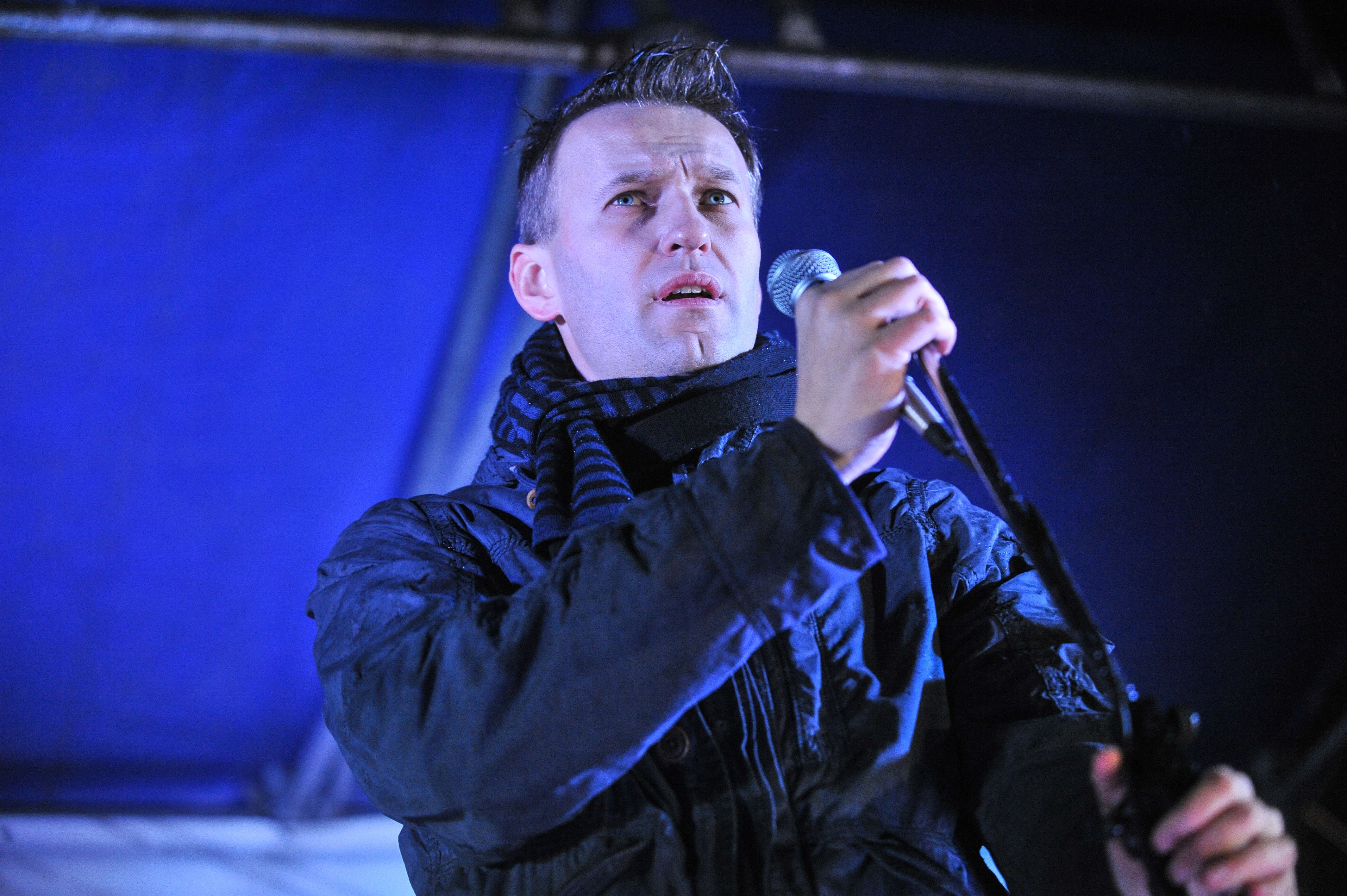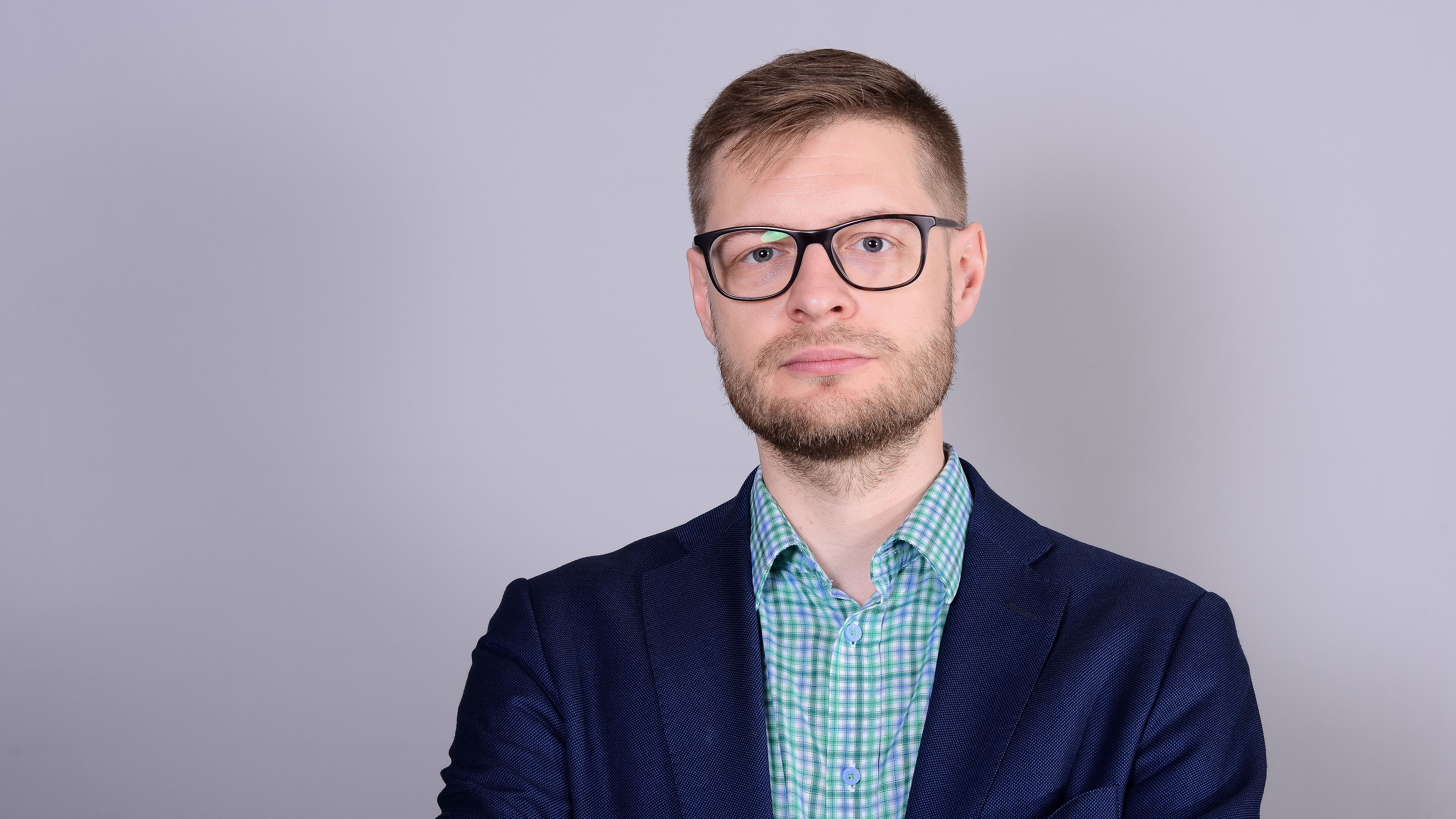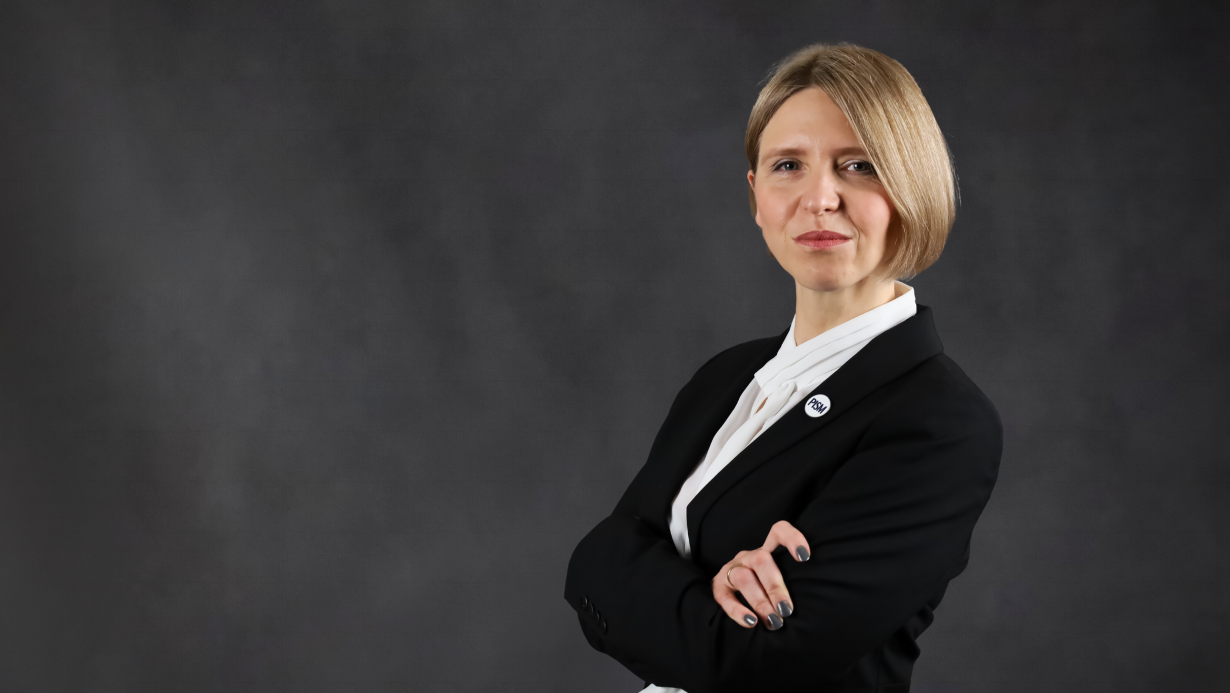Navalny’s Significance in Russian Domestic and Foreign Policy

Domestic Politics
Navalny’s political significance is determined by his anti-corruption activity, which stokes and activates public discontent. His Anti-Corruption Foundation is effective at publicising corruption within the ruling elite, including targeting former Prime Minister Dmitry Medvedev, President Vladimir Putin himself or his spokesman, Dmitry Peskov. Thanks to this, Navalny has become one of the most popular political video bloggers in Russia. An Anti-Corruption Foundation documentary on Medvedev was the impulse for the anti-corruption protests in 2017–2018 in which tens of thousands of people participated throughout Russia. To stem Navalny’s growing popularity, the authorities intensified their anti-corruption policy. Several thousand sentences were handed down, including ones against ministers, governors, and law enforcement officials, although, none were among President Putin’s closest associates.
Navalny’s popularity, though, has only moderately transformed into real political power. The authorities blocked the registration of his three political parties and his candidacy for president of Russia in 2018. Only in September 2020 did he manage to introduce three associates to the councils of Tomsk and Novosibirsk in local elections. Earlier, Navalny came in second in the 2013 elections for the mayor of Moscow, where he received 27% of the votes, and since then his recognition in polling has increased (in 2015, 50% of Russians, but after the recent poisoning attack, 82%). However, this has not changed the public’s general attitude towards him—in 2017, Navalny’s activities were supported by 17% of Russians and rejected by 43%, while in September, after he was poisoned, support grew only to 20% but disapproval to 50%. The negative attitude of most Russians towards Navalny is caused, among others, by his uncompromising attitude towards the authorities, which is perceived as revolutionism. The oppositionist has offered lustration—President Putin may leave the country and keep his property if he peacefully relinquishes power.
Navalny’s calls for “civic nationalism” weakens rather than strengthens his political position, as it is either unrealistic or addressed to a narrow electorate. Populist slogans of limiting labour migration from Central Asia and the Caucasus states to Russia (over 60% of economic migration), ending administrative separateness of Muslim Federation republics and the establishment of military controls on the borders of the North Caucasus with other Federation administrative divisions are difficult to implement. Immigrants contribute about 7-8% to Russian GDP and account for 10% of its workforce, providing employment in low-wage sectors of the market. On the other hand, isolating the Russian part of the Caucasus would increase terrorism, separatism (especially in Chechnya) and conflicts between the nations of the North Caucasus.
Another important postulate of Navalny—increasing the powers of the regional administrative divisions while weakening the power of the centre—provokes resistance from the political elite and power structures that believe that when it was implemented during the so-called “Yeltsin smuta” (Yeltsin Time of Troubles), it almost led to the disintegration of the state. Similarly, the idea of transforming the national economy, which is based on raw materials, by withdrawing the state from strategic sectors will not gain broad support in Russia, as the state sector accounts for 40–50% of jobs.
Foreign Policy
The attack on Navalny worsened Russia’s relations with Western countries. Since then, it has been even more difficult for the Russian authorities to convince EU countries to ease sanctions imposed earlier and resume the dialogue. Earlier, in March, French President Emmanuel Macron had argued about the need for cooperation with Russia, including in the fight against the COVID-19 pandemic, but after talking to President Putin in September, Macron called on the Russian authorities to clarify the circumstances of the attack on Navalny. France found credible the accusations of German Chancellor Angela Merkel that the attack had been perpetrated by Russia using the nerve agent Novichok. The U.S., the EU, and NATO responded similarly. The EU’s reaction to Navalny’s poisoning resembled its response to Russia’s attempt to poison Sergei Skripal in the UK in 2018. On 15 October, based on the EU sanctions system for the use of chemical weapons, adopted at that time, the Union imposed further restrictions on Russia for the nerve-agent attack on Navalny. The sanctions apply to, among others, the director of the Federal Security Service (FSB), Alexander Bortnikov, as well as the State Research Institute of Organic Chemistry and Technology. In response, the Russian authorities announced that they would impose retaliatory sanctions on EU officials and Russia’s foreign minister, Sergei Lavrov, even accused Germany of being behind Navalny’s poisoning.
Despite the sharp rhetoric towards Russia, the international consequences of Navalny’s poisoning have not been severe for Russia. In Germany, the case spurred wide debate regarding a revision of relations with Russia, and opposition to the construction of the Nord Stream 2 (NS2) gas pipeline increased, although the German government has not withdrawn its political support for the project. Compared to the Skripal case, when the U.S. expelled 60 Russian diplomats, reactions have been relatively restrained and limited to additional sanctions against NS2.
Although Navalny spoke to the European Parliament on 27 November, it is doubtful that MEPs will accept his demands not to recognise the elections in Russia as undemocratic and manipulated. The opposition activist blamed President Putin for the bad Russia-EU relations and declared that he would like to improve them. He also called for sanctioning people in Putin’s circle and for tightening the rules on granting Russians citizenship by EU countries and countering money laundering. The effectiveness of these actions has so far been limited, as Russian politicians and businesspeople have appealed to the Court of Justice of the EU regarding sanctions on individuals.
Conclusions and Perspectives
In the coming years, Navalny will not threaten the control exercised by Putin, who will continue to prevent free and fair presidential elections and block the participation of anti-system candidates. Navalny’s greatest strength will remain his growing online support and the potential to initiate mass protests. It is doubtful that he will play a significant role in the elections to the State Duma in 2021, as his party will not be registered. In the long term, his political role is likely to increase due to generational changes and the increasing advantage of the internet over television as a medium, as well as the lack of a clear candidate among the authorities and the opposition to replace President Putin. Hence, the Russian authorities will intensify their repression of Navalny and may also choose to imprison him with a long term or force him to go abroad again, especially as Navalny’s long stay abroad this year has not increased his popularity in Russia. Pro-government media will continue to frame him as a foreign agent.
The attack on Navalny prevents the improvement of relations between Russia and the EU in the short term. The Russian authorities will not investigate the use of Novichok, which will strengthen international criticism of Russia and weaken the demands of European supporters of cooperation with this country. In the medium term, Navalny’s poisoning may contribute to a revision of EU-Russia relations by European institutions—it will be essential to increase support for Russian civil society and tighten EU rules on money laundering and the functioning of tax havens. The Navalny case will also make it difficult for Russia to cooperate with the U.S.; President-elect Joe Biden has declared support for NGOs in Russia, which Navalny may benefit from.
Navalny’s proposals regarding the democratisation of Russia and plans to improve relations with the EU should be treated with distance. His activity is characterised by nationalist populism and a leadership style of management. Although he criticises Russian military intervention and declares readiness to discuss the handing over of Crimea to Ukraine, he supports pro-Russia movements in the neighbourhood, which in his opinion helps to maintain Russia’s power. Poland, while wishing to support civil society in Russia, should maintain contacts with the non-parliamentary opposition in Russia, but its actions cannot be limited only to Navalny and his structures due to the uncertainty of his future actions in Russia.



